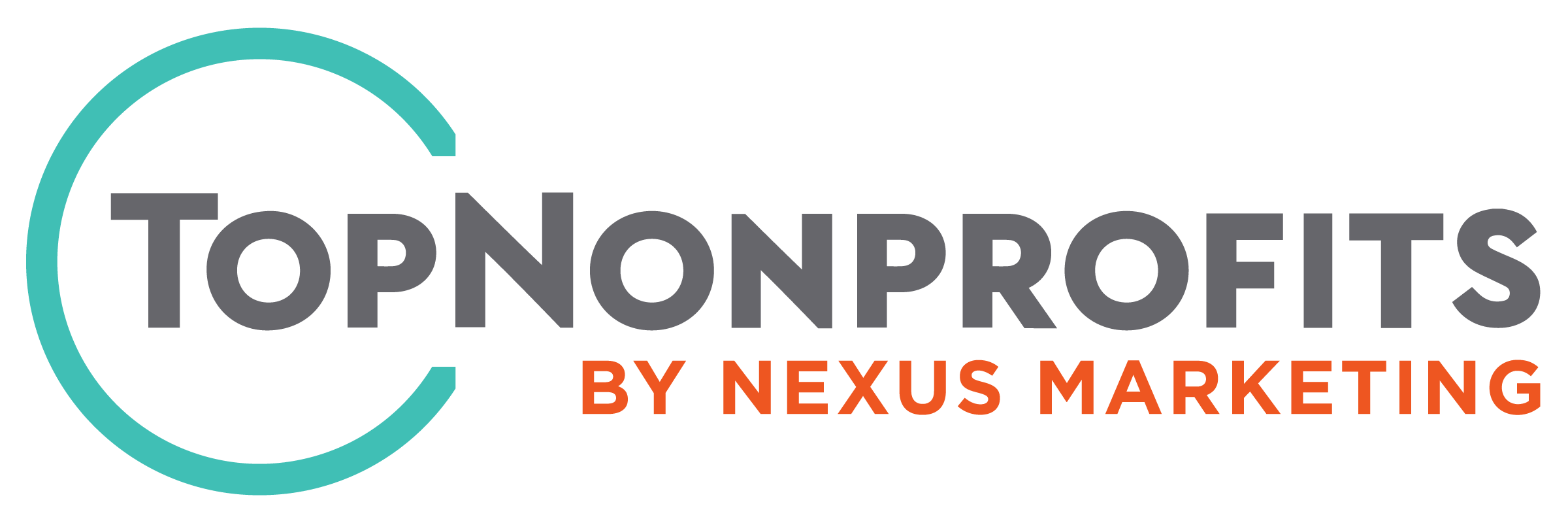I have a subscription to a small professional website, I suppose we could call it a social network, called MosaicHub. This website has a Questions and Answers feature (similar to LinkedIn’s old Questions feature, it’s just categorized much better) that I spend a lot of time sifting through. A question popped up a while back that asked if a business needed to have a website or if a Facebook page would suffice.
Here is my response:
“This is a tricky one. Depending on your business, it’s not a good idea. I think it makes sense for something like a photography business or a small commodity company, but your profile says you’re dabbling in the medical field. There’s something about Facebook that makes people feel uneasy about a business’s legitimacy if that’s the only presence they’ve got. If you’re worried about difficulty in maintaining an actual website, there are plenty of platforms out there that can help you build a pretty simple website. There are a lot of free resources, too. Plus, it’s always good to purchase your domain name while you can so you don’t have to worry about that later.”
For the nonprofit industry, having a website is absolutely crucial. While social media has come a long way, it doesn’t have the capacity to do all the things even a simple website will do for you. And we just aren’t at that point in the Internet timeline where people think social media presence makes a company 100% legitimate.
There are a lot of great resources for building a simple website for your organization and there are a ton of companies that make it super easy for you to do it. I want to share some thoughts on these 4 great website builders, but I also stumbled on this little quiz that will help you decide which one is right for you.
Wix. This one is widely used in the nonprofit world. I actually have a Wix pencil that I got from a conference. Wix can produce absolutely gorgeous, professional-looking webpages with little legwork. If you’re not of a website developer mind, but you do know what looks good, it’s likely you’ll find Wix’s drag and drop interface to be simple and intuitive. There are plenty of templates to choose from if you’re not the creative type, so it’s ideal if you want to make a great website but don’t have any experience doing so.
WordPress. This is popular in the blogger world, as it’s an excellent source for Content Management. If you have a very content-rich website, this might be a great tool for you. You have a lot of options when it comes to layout and there are plenty of interesting add-ons to use too. However, after researching (and using) WordPress, one of the top complaints is that there are a lot of buggy plugins, which can be super frustrating.
Squarespace. This is one I’m familiar with only from riding the NYC Subway. Their ads are EVERYWHERE (and are usually pretty witty and cute). Like others here, Squarespace has a drag and drop interface that focuses on rich imagery. Each template is responsive, so your site will look great on any device, and Squarespace offers extended styling options that the other builders don’t have that can be easily integrated into your design. These bells and whistles do come at a price, though. So if you’ve got some extra money to kick toward a site, this might be the perfect investment to make.
Weebly. If you have a little bit of coding experience and want a little space to do your own thing, but still have the ability to drag and drop elements, Weebly is a great choice for you. If you’re not sold on paying for a platform, the free platform provides enough to make a pretty decent website. And you don’t have to worry about being pressured into an upgrade – you can use the free version forever!
What platform hosts your website? Are you just using social media? What’s working and not working for you? Tell us in the comments section below!
